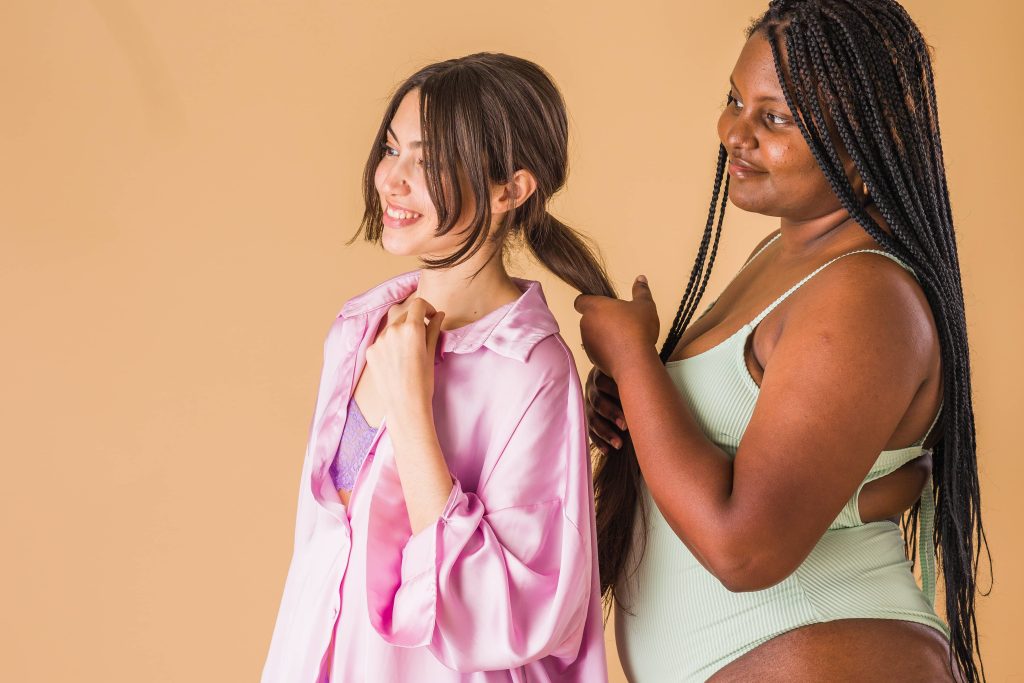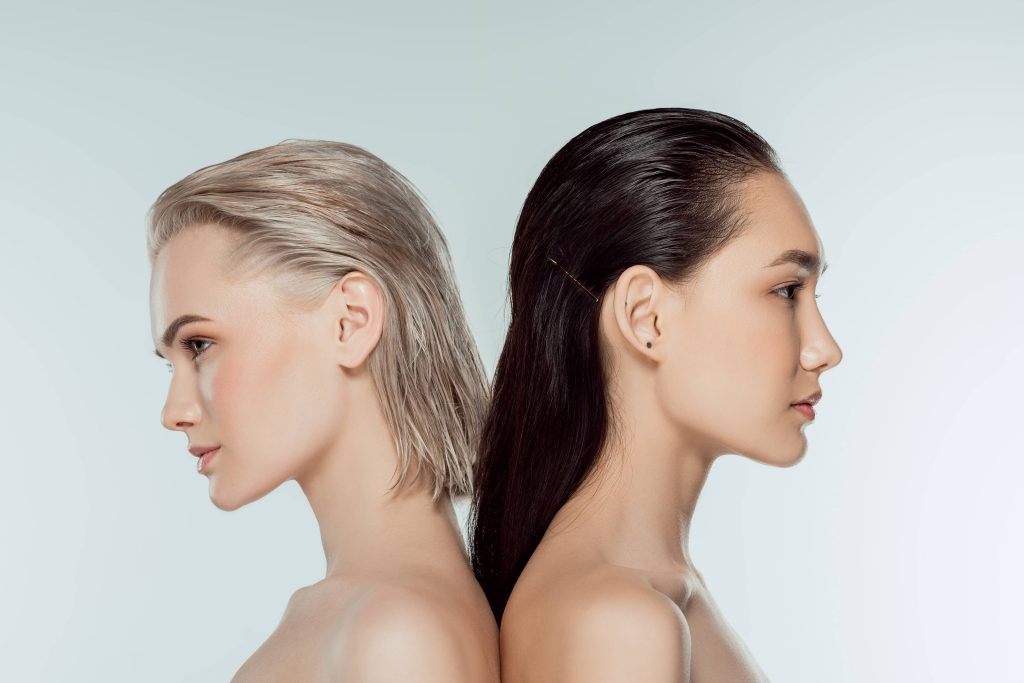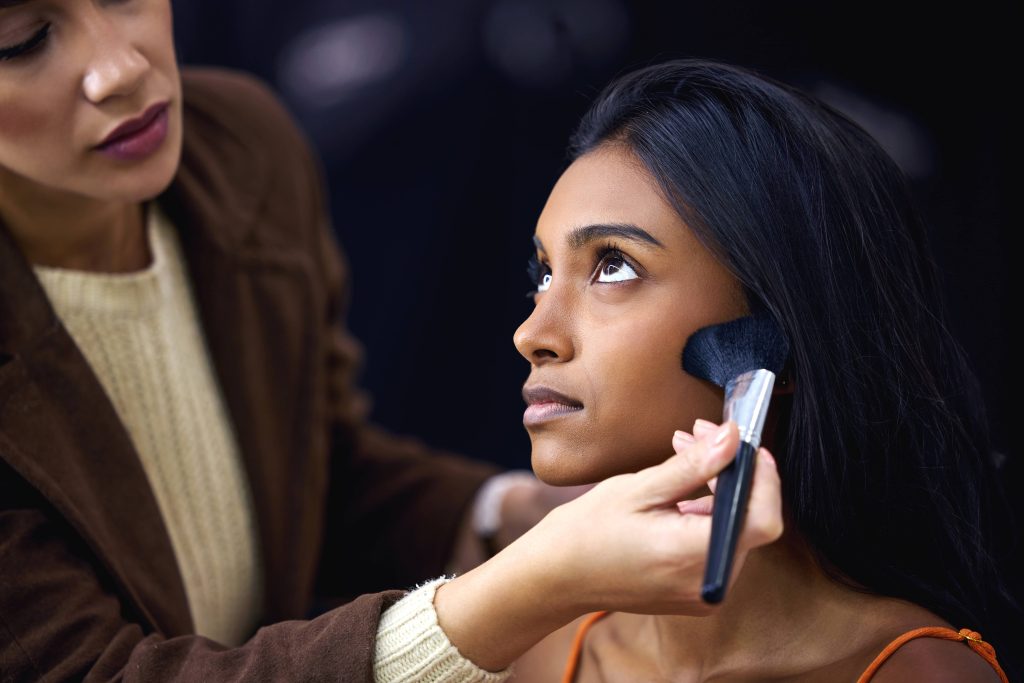
The beauty industry is a dynamic and ever-evolving landscape, constantly bustling with innovations, trends, and new perspectives. Of all these trends, one stands out for its unique approach to consumer needs: personalization. Gone are the days when beauty products came in standard sizes and shades, expecting the masses to fit into them. Today, personalized beauty products are making waves, offering consumers tailored solutions that cater specifically to their unique skin types, preferences, and needs. Let’s embark on a journey to explore how this trend is revolutionizing the beauty world and why it should be on your radar.
The Shift Toward Personalization
The modern consumer is more informed and conscious than ever before. With the rise of social media and digital platforms, customers have access to a wealth of information and are keen on understanding what they apply on their skin and hair. They are no longer satisfied with generic solutions. Instead, they seek products that cater specifically to their unique beauty concerns, preferences, and needs.
This cultural shift has encouraged the beauty industry to rethink its approach, leading to the emergence of personalized beauty products. This personalization is not just limited to skin tone matching but extends to every aspect of beauty – from skincare and haircare to makeup and fragrance.
How Personalized Beauty Works
1. Customization through Technology:
Innovations in technology play a crucial role in personalizing beauty products. Many brands now use online quizzes, AI, and algorithms to analyze an individual’s specific needs. By understanding concerns like skin type, sensitivity, and personal preferences, brands create tailored formulations that promise to address these issues. Such technologies ensure that what you’re getting is made just for you, increasing both effectiveness and satisfaction.
2. DNA-Based Formulations:
As science takes personalized beauty a step further, DNA-based beauty products are emerging. Companies offer DNA testing kits to analyze genetic factors that affect your skin and hair, such as collagen production, hydration levels, or predisposition to certain conditions. Based on these insights, they formulate personalized products that cater directly to your genetic blueprint.
3. On-Demand Manufacturing:
Traditional manufacturing processes are being replaced with more agile on-demand models that allow companies to produce smaller, customized batches of products. This not only ensures fresher products but also reduces waste, aligning with sustainable practices — a priority for many consumers today.
The Benefits of Personalized Beauty Products
1. Enhanced Effectiveness:
When a product is tailored to your unique needs, its effectiveness naturally increases. Personalized skincare, for example, takes into account current concerns, allowing it to specifically target issues like acne, dryness, or aging. This ensures you can benefit from results that are quicker and more noticeable compared to using generic products.
2. Reduced Risk of Reactions:
Many beauty enthusiasts struggle with reactions and allergies due to certain ingredients found in beauty products. Personalized products mitigate this risk by eliminating known irritants specific to your skin type, offering a safer choice for sensitive users.
3. Empowerment through Choice:
Personalization gives consumers more control over what they use. It empowers them with the knowledge of knowing exactly what ingredients are included in their products, allowing them to make informed decisions about their beauty regime.
Personalized Beauty in Skincare and Makeup
Skincare was among the first segments to embrace personalization, and the trend has only grown since. Pioneers like Curology and SkinCeuticals lead the charge by offering customized serums and formulations. They typically start with a detailed survey or consultation to understand the customer’s needs and preferences, followed by creating a tailored product just for them.
In makeup, personalization is equally transformative. Finding the perfect foundation is a near-mythical quest for many, but brands like Lancôme and Fenty Beauty have created systems to match precise skin tones. Additionally, there are options to customize lipstick shades, allowing individuality to shine through even a simple swatch.
Fragrance and Haircare: Joining the Bandwagon
While personalization is often associated with skincare and makeup, both fragrance and haircare are catching up. Fragrance brands like ‘Scent Trunk’ or ‘Maison 21G’ allow you to create personalized scents by mixing different notes that match your preferences. It’s a bespoke experience that captures your essence in a bottle.
In haircare, brands recognize the diversity in hair types and concerns, offering customized shampoos and conditioners. Brands like Prose ask about your hair type, texture, and lifestyle before suggesting the right mix of ingredients. This shift acknowledges that no two heads of hair are the same, promising products that work in harmony with your unique mane.
Final Thoughts
The beauty industry is witnessing a paradigm shift toward a more inclusive, consumer-centric approach, and personalized beauty products are at the forefront of this revolution. By focusing on individual needs and preferences, these products cater to diversity, not only enhancing your natural beauty but also empowering you to love and embrace your uniqueness.
Whether you’re seeking a shade that matches your complexion flawlessly or a formula that addresses specific skin concerns, personalized beauty promises a bespoke experience that is truly unmatched. As we continue to explore and embrace the capabilities of technology, the future of beauty products looks promisingly custom-made, designed with meticulous attention to what makes you, you.
The age of personalization has dawned, and it’s here to stay, promising a future where beauty knows no bounds — only possibilities.



